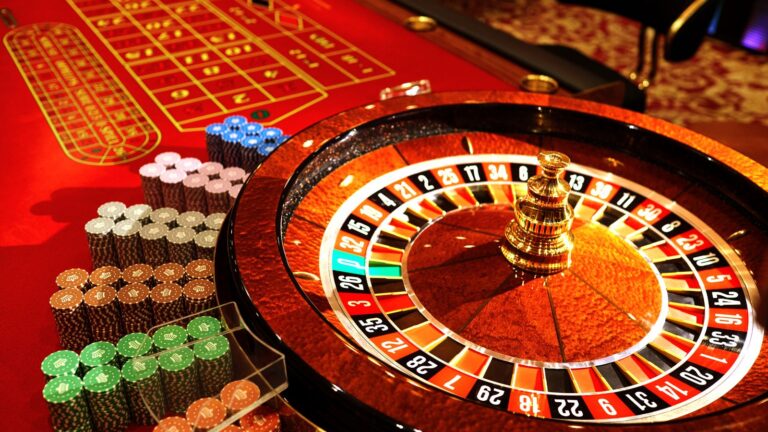Slot machines have a magnetic pull that draws millions of people into casinos and online gambling platforms each year. Their flashing lights, enticing sounds, and the promise of instant rewards create a thrilling experience that many find irresistible. But what exactly makes slot machines so addictive? Understanding the psychology behind slot machines reveals how these games exploit our brains’ vulnerabilities and why they can be so hard to resist.
The Mechanics of Slot Machines
Slot machines operate on a principle called the “variable ratio reinforcement schedule,” a term borrowed from behavioral psychology. This principle is akin to a slot machine that delivers rewards at unpredictable intervals. Unlike fixed schedules where rewards come at set intervals, variable schedules create a sense of uncertainty. This uncertainty is powerful because it keeps players engaged longer, hoping that the next spin might be the one that yields a big win.
The random number generator (RNG) inside slot machines ensures that each spin is independent of the last. This randomness creates a continuous cycle of anticipation and hope. When players do win, it reinforces their belief that they are close to hitting a big jackpot, prompting them to keep playing. This cycle of anticipation and reward is a key factor in why slot machines can become so addictive.
The Illusion of Control and Skill
One of the psychological tricks used by slot machines is the illusion of control. Many slot machines include bonus games or interactive features that give players the impression they have some control over their fate at asg55. For example, players might choose between different symbols or spin a bonus wheel, creating the belief that their choices impact the outcome.
This illusion of control can make players feel more invested in the game, as if their actions might influence the results. In reality, the outcome of each spin is entirely random, and no amount of skill or decision-making will affect the results. However, the perception that skill or strategy can influence the outcome keeps players engaged and more likely to continue playing.
The Visual and Auditory Stimulation
Slot machines are not just about chance; they are also about creating an immersive sensory experience. Bright lights, vivid colors, and engaging sound effects are all meticulously designed to captivate players’ attention and enhance their overall experience. The combination of visual and auditory stimuli can make playing slots feel like a dynamic and engaging activity.
The sounds of spinning reels, celebratory music when winning, and even the jingling of virtual coins are crafted to reinforce positive emotions. These sensory elements work together to create a euphoric environment that can heighten the thrill of gambling. The more immersive and enjoyable the experience, the more likely players are to continue playing.
The Social and Cultural Aspects
Slot machines are often embedded in social settings, such as casinos, where they can be part of a larger social experience. The presence of other players, the atmosphere of excitement, and even the camaraderie among gamblers can enhance the appeal of slot machines. In some cases, players may be motivated to play not only for the rewards but also for the social interaction and the sense of belonging.

Cultural factors also play a role in the popularity of slot machines. Many societies view gambling as a form of entertainment, and the portrayal of slot machines in media and advertisements can contribute to their allure. The normalization of gambling in various cultural contexts can make it easier for individuals to view slot machines as a harmless pastime rather than a potential addiction. To learn more about the cultural factors of online slots, you can explore asg55populer.com.
Conclusion
The psychology behind slot machines is a complex interplay of behavioral reinforcement, sensory stimulation, and the illusion of control. By understanding the mechanisms that make slot machines so addictive, individuals can be more aware of the risks associated with gambling and take steps to protect themselves. The allure of slot machines lies in their ability to engage our brains in a way that makes them incredibly enticing, but being informed about these psychological factors can help mitigate their impact and promote healthier gambling practices.




